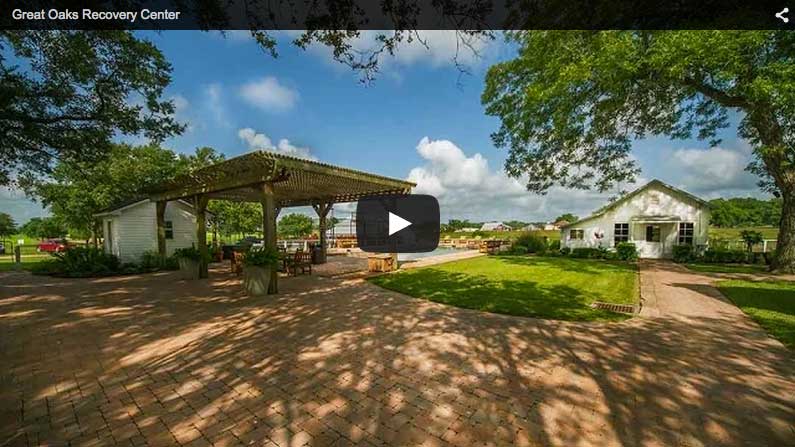Loneliness comes in many forms.
 It affects everyone differently and can manifest in many ways. Loneliness is commonly defined as an emotional response to a state of isolation, but it also encompasses the perception of being alone. This means that although someone may have the physical company of a group or person, they may still experience symptoms associated with loneliness.
It affects everyone differently and can manifest in many ways. Loneliness is commonly defined as an emotional response to a state of isolation, but it also encompasses the perception of being alone. This means that although someone may have the physical company of a group or person, they may still experience symptoms associated with loneliness.
Those moving through the recovery process often experience feelings of loneliness. These feelings may eventually manifest into increased occurrences of isolation or even present as physical ailments such as depression and anxiety. Experts suggest that ongoing loneliness may even lead to health problems, such as an increased chance for heart attacks and a weakened immune system. Loneliness is a vulnerable state, making it difficult for someone who is lonely to reach out and try to connect.
There are many reasons why someone may feel lonely. During recovery, a common theme shared amongst those in various programs is the feeling of disconnection from social activities. Meaningful social gatherings like weekly parties and special celebrations, going out to clubs on the weekend, or enjoying nice restaurants: each of these can trigger someone in recovery in unique ways. Knowing your own personal triggers can help you determine what kind of social activities to pursue–and what kind of support to seek to help you overcome your loneliness.
Loneliness and Self-Isolation
Of course, the problem with loneliness is that it can lead people to further self-isolate and become less willing to communicate with others. Some may withdraw from even the most supportive people in their lives, including family members, counselors, and health professionals. If you find yourself in this catch-22 of loneliness combined with a fear or reluctance to be around people, know that you are setting yourself up for relapse. Talk to someone you trust; tell them what’s going on and ask them to help you find the support you need.
Unfortunately, as a culture we spend more time alone now than we used to. Research has shown that advancements in technology are directly related to the exponential decline in physical social interaction. In addition, the mandated social distancing we’re experiencing can lead to further isolation. While online connections are valuable and important, the loss of face-to-face interactions takes a toll and can contribute to feelings of separation and loneliness.
To help counteract loneliness, consider the following activities.
Mindful Activities to Combat Loneliness:
- Yoga, meditation, and gentle movement. Research has shown that just five minutes of meditation may lead to decreased stress and a better mood. Yoga is another great way to ease feelings of distress, increase both physical and mental flexibility, and build a sense of community. Many yoga and wellness studios offer a variety of movement classes, ranging in intensity and class sizes. Overall, an exercise routine of any type is a great way to increase endorphins (one of our mood-enhancing hormones) and help prevent other health issues.
- Joining community groups. Depending on your location and internet access, you may be able to use online resources to help you connect both online and in person. From a myriad of online blogs and chat rooms to live informative videos and virtual gaming groups, the possibilities in our new-age world are endless. Sites like Meetup.com can help you find local groups of people pursuing activities that interest you. Signing up for your local township or city’s email lists or newsletters can keep you informed about activities, meetings, and other occurrences in your area that may spark your interest and get you out and about.
- Focusing on your nutrition. Oftentimes we associate feelings of depression with loneliness, and we may try to eat away our sorrows. This is a natural response to stress, and we should not be too hard on ourselves, especially during recovery. However, choosing healthy foods supports a healthy emotional state both in the moment and long-term. Try adding colorful, nutrient-dense, vitamin-rich vegetables, fruits, and whole-grains to each meal whenever possible. Bananas, oats, dark chocolate, and fatty fish are a few of the delicious, mood-altering treats on the list of suggested additions. Read more about these mindful food choices, and plan your meals accordingly.
The Danger for Those in Recovery
Loneliness is dangerous for people in recovery. The longer you let it go, the harder it will be to overcome. Make up your mind to reach out to one person or to attend one event. Set up an online appointment with a counselor. Attend an online AA or NA meeting.
If you think your loved one in recovery is suffering from loneliness, approach them with the least judgement and most compassion possible. Help them find the social outlet and/or professional help they need.
Great Oaks provides many opportunities for families to learn how to support each other. We are here for you and your loved ones. If you have any further questions, please do not hesitate to contact us.


